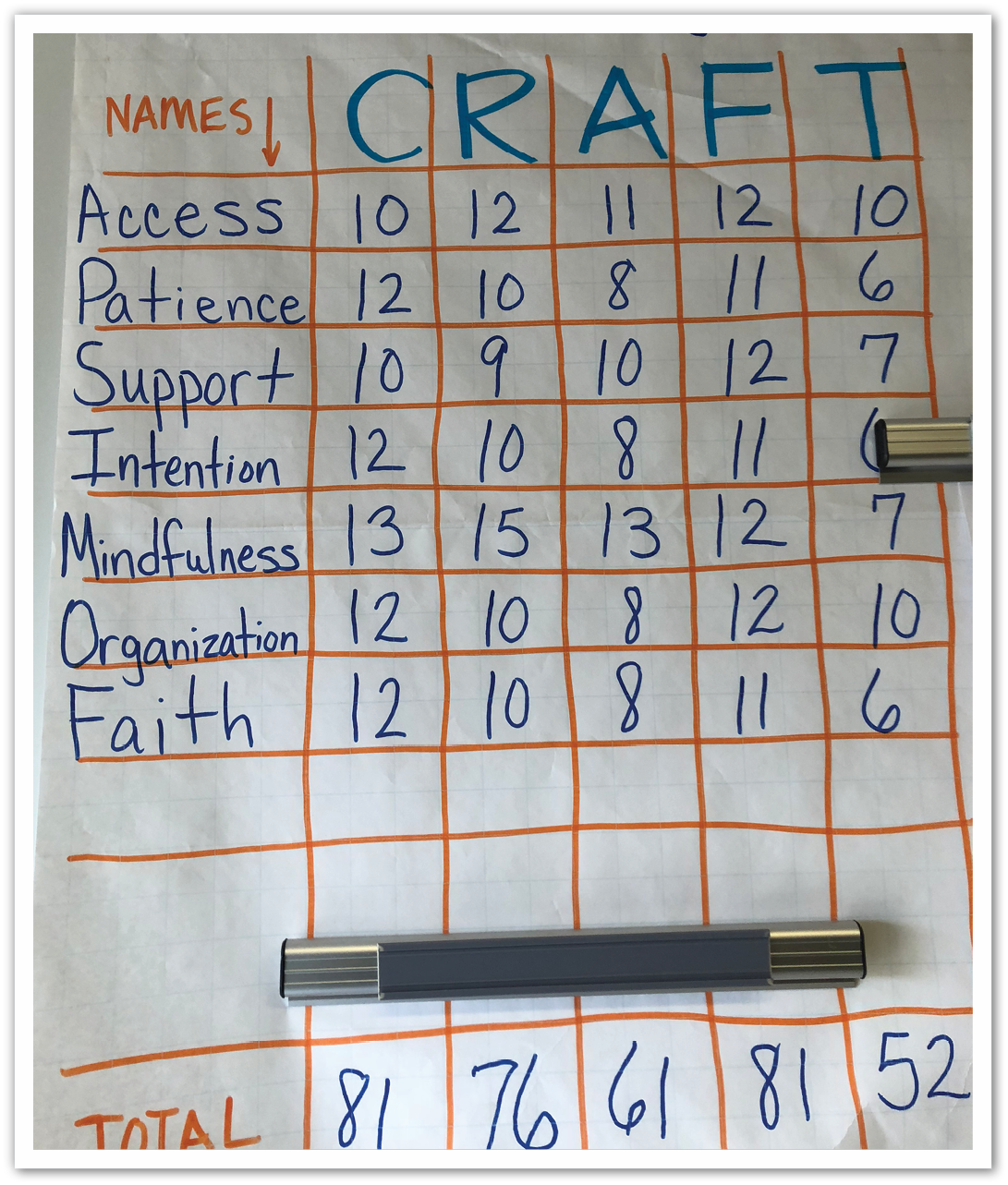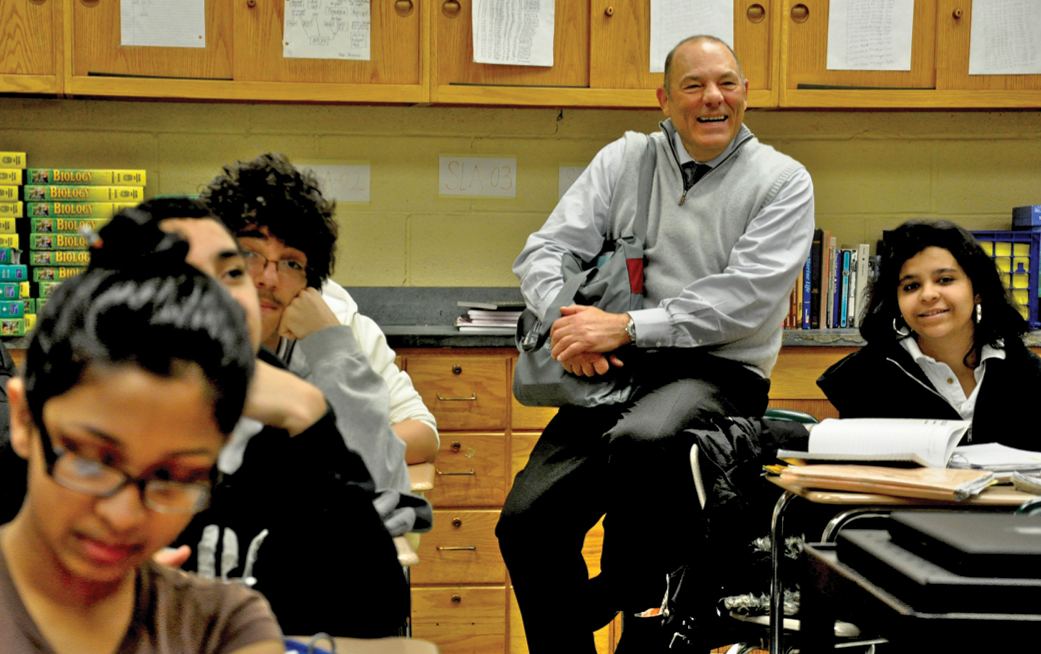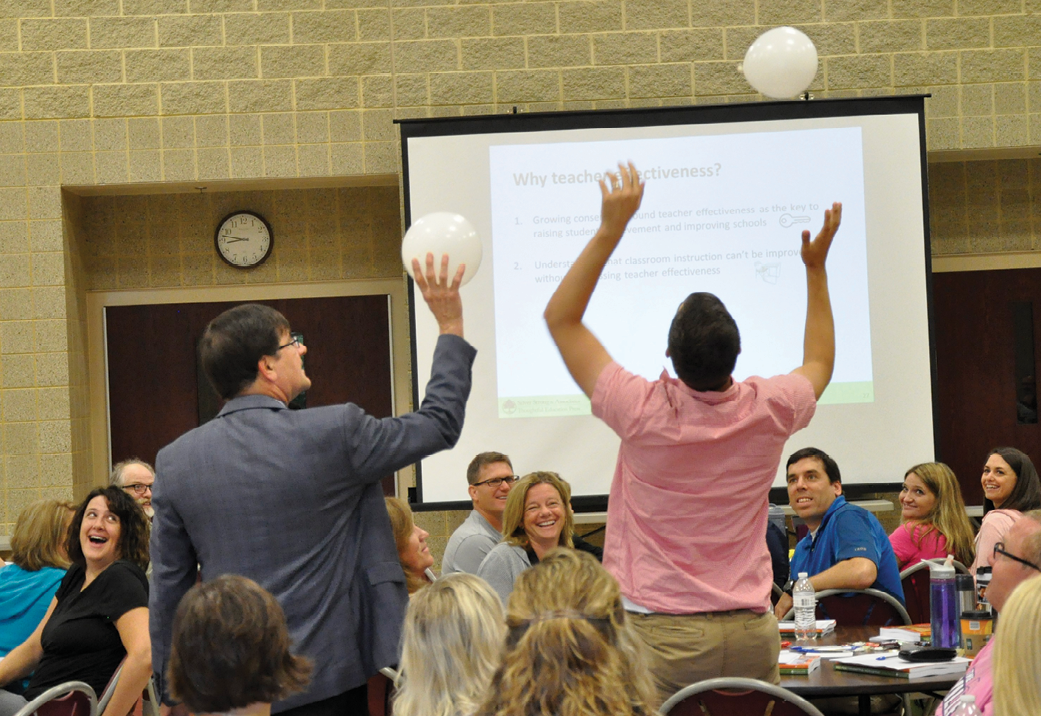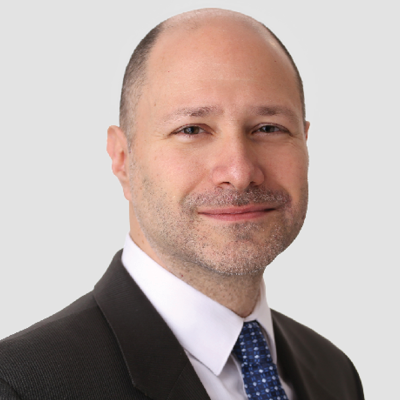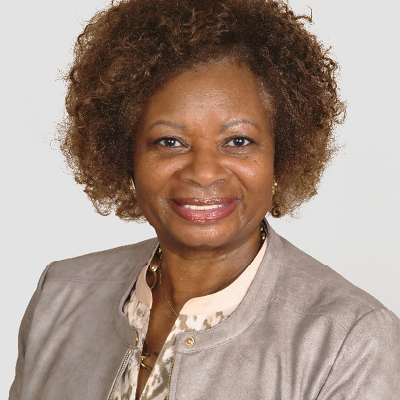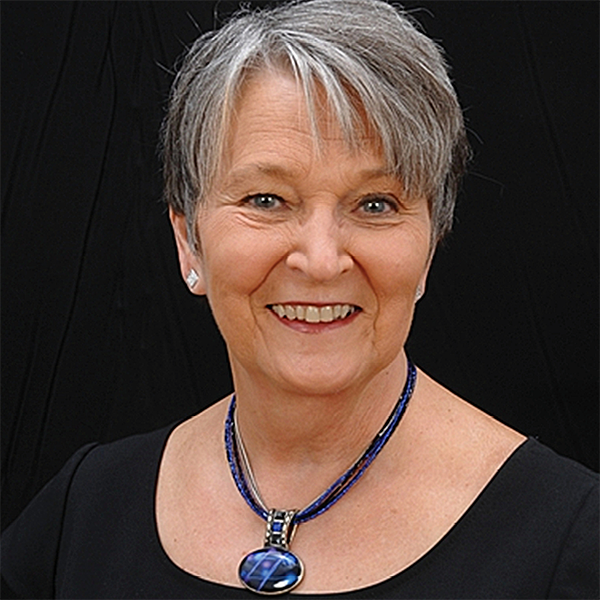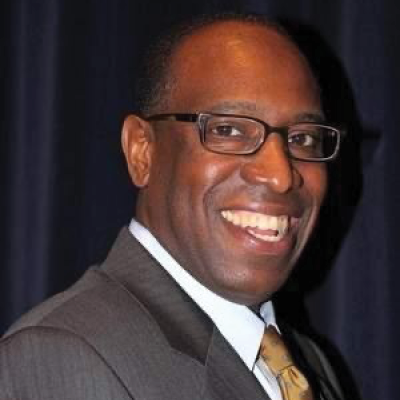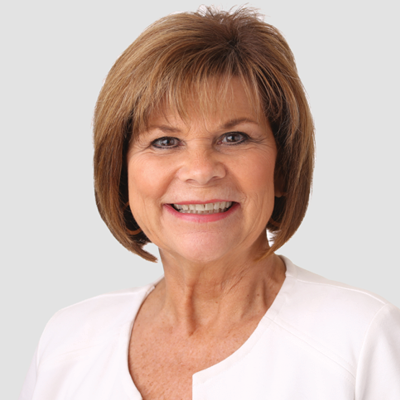The Thoughtful Classroom
What makes our professional development so powerful?
Overview
Partnership
We view professional development as a partnership, and we always begin our work with a conversation about the needs, capacities, and goals of the schools and districts we serve. Then we work with school leaders to develop a meaningful plan aligned with the district’s vision and objectives.
Know-How
Successful professional development is not just about good content; successful professional development builds know-how. In our online and in-person workshops, we model tools and strategies so teachers can see how instructional techniques work in any environment. Through web-based and school-based coaching, we help teachers put these tools and strategies into action. We’re known for our “hands-on” approach to helping schools improve.
Engagement
Too many professional development providers fail to practice what they preach. We know successful learning must be active, engaging, and enjoyable for students, whether learning is online, in school, or blended; professional development is no different. That’s why we make the work of school improvement motivating and inspiring.
Expertise
The Thoughtful Classroom training team is a network of lifelong educators who have served as school and district leaders. Our team is led by Dr. Harvey Silver, a nationally recognized presenter, trainer, coach, and author. Together, Dr. Silver and the Thoughtful Classroom team have helped hundreds of school districts across the country build powerful professional development solutions that get results.
Support Resources
To bring about long-term change, teachers and school leaders need practical resources to support their efforts. That’s why we created Thoughtful Education Press, a publishing imprint devoted exclusively to learning from educators and developing ready-to-use tools that lead to positive change. The books in our Tools for Today’s Educators series have won multiple awards—a testament to their power to improve practice. And our Professional Learning Suites provide online, on-demand access to expert-led video tutorials and resources so educators can implement these tools in the classroom.
Personalized Coaching
Our coaches are successful school leaders who know what it’s like to navigate the challenges of school. But quality coaching requires more than experience—it’s also about listening, collaborating, and responding to your unique situation. Need help analyzing data or planning an initiative? Customized training for your teachers? An active listener who can help address ongoing challenges? You can count on us to personalize online and onsite coaching so that it works within the context of your school.
The Thoughtful Classroom Works!
Examine case studies and success stories from our partners.
Going Deeper: Learn more about the Thoughtful Classroom approach to professional learning
In our work with hundreds of school districts, we have found that the most successful schools make five key commitments to their staff and students. Let us help you make these five key commitments.
COMMITMENT 1
COMMITMENT 2
COMMITMENT 3
COMMITMENT 4
COMMITMENT 5
Our comprehensive Thoughtful Classroom approach to professional development is designed to help every school and district make and support these five commitments. But these ambitious goals don’t need to be overwhelming. That’s why Thoughtful Classroom partnerships are built around manageable and sustainable Learning Cycles.
“The combination of the research and practical tools provided by the Thoughtful Classroom is a marriage made in heaven. I have used the Thoughtful Classroom approach to turn around four different schools with various demographic challenges.”
—Robert Wilson
Principal, Cherokee Bluff Middle School,
Flowery Branch, GA
The First Commitment
Build a Classroom Culture that
Promotes High Levels of Learning
When it comes to student behavior and achievement, the classroom environment that teachers establish makes all the difference. But what makes successful classrooms truly successful? What do highly effective teachers do to promote positive behavior and high levels
of learning all year long?
To answer these questions, we conducted a comprehensive analysis of the key research on teacher effectiveness, including the preeminent teacher effectiveness frameworks and a wide range of state and national teaching standards. Then, we worked with hundreds of teachers to convert the research into a simple and practical classroom model. What we discovered is that all successful learning environments rest on Four Cornerstones. Better yet, we discovered that with the right instructional techniques, all teachers can make these Four Cornerstones the organizing principles in their own classrooms.
By committing to setting these Four Cornerstones in place in all of our classrooms, we establish foundations that support active, in-depth learning all year long.
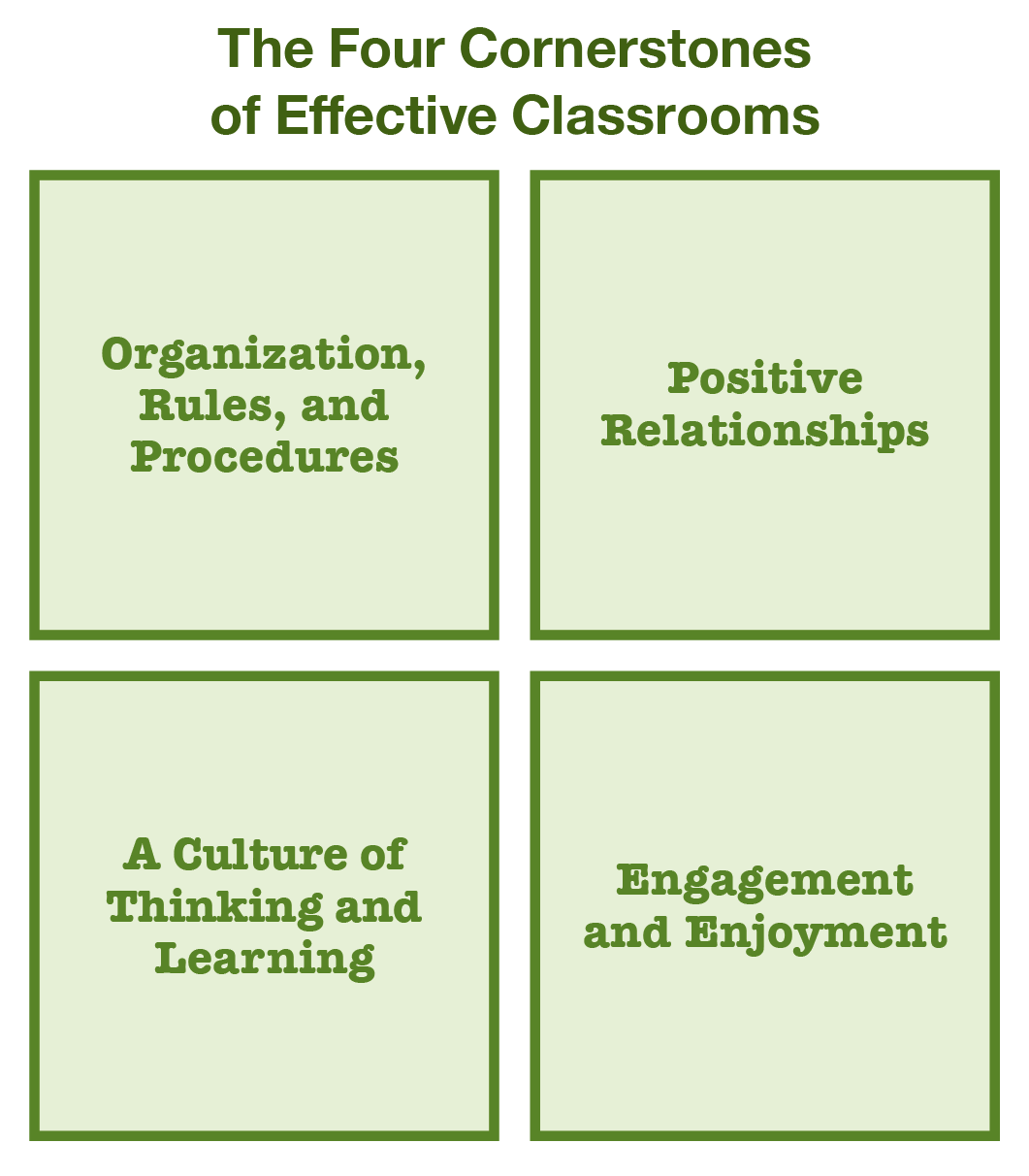
The Second Commitment
Use Instructional Tools and Strategies to Solve Problems of Practice
Thanks to many years of high-quality research, meta-analyses, and classroom action studies, we know better than ever what works in the classroom. But the question for educators has always been how: How do I put the research to work today in a way that’s meaningful for me and my students? That’s why we’ve been working with educators for over forty years to develop practical tools and strategies that enable teachers to put research to work in their classrooms. With a solid repertoire of tools and strategies, teachers can more effectively
- Prepare all students for college and career success.
- Build critical thinking and literacy skills.
- Differentiate instruction to meet students’ needs.
- Integrate instruction and assessment so that they work together to advance student learning.
By committing to developing a repertoire of research-based tools and strategies, we can greatly enhance the quality of teaching and learning in every classroom.
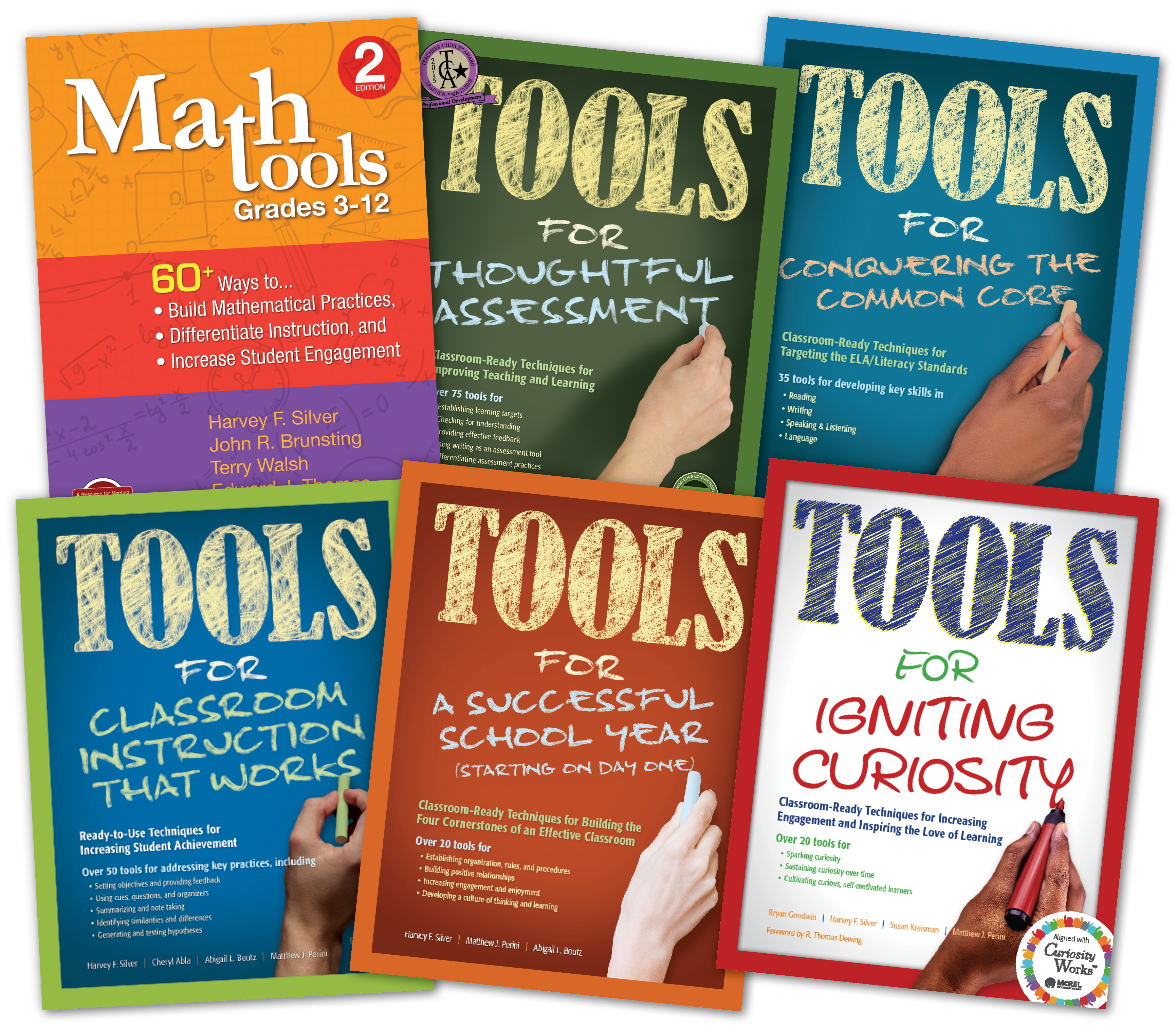
The Third Commitment
Make Learning Personal
When we visit schools and talk to students, one of the most disturbing refrains we hear is, “My school is more interested in my test scores than in me.” But it doesn’t have to be this way. In fact, research suggests that schools that pay attention to the social and emotional needs of their students post better test results than schools that let the test drive curriculum, instruction, and assessment.
Learning is a highly personal act, and a one-size-fits-all approach will not engage the majority of learners in any classroom. In Thoughtful Classroom schools, all teachers have a wealth of ways to learn about the talents, strengths, needs, and aspirations of the students in their classrooms. More important, teachers use what they learn to differentiate instruction, boost student achievement, and give every student a voice in the classroom.
By committing to making learning personal, we can effectively accommodate and challenge all students—so each may learn.

The Fourth Commitment
Design High-Quality Instructional Units
A thoughtful unit is much more than a series of activities. A thoughtful unit helps students build their knowledge and skills from the ground up through a well-designed instructional sequence. A thoughtful unit integrates tools and strategies that have been carefully selected to help students meet specific learning targets. And a thoughtful unit is a “home for the mind”: a place where students come to learn about themselves while they interact with others and engage with powerful ideas.
By synthesizing the preeminent instructional design models with our forty years of working with teachers, we have developed a simple and deep unit design model: The Five Episodes of Effective Instruction.
By committing to high-quality instructional design, we ensure deep learning and motivate all of our students to do their best work.
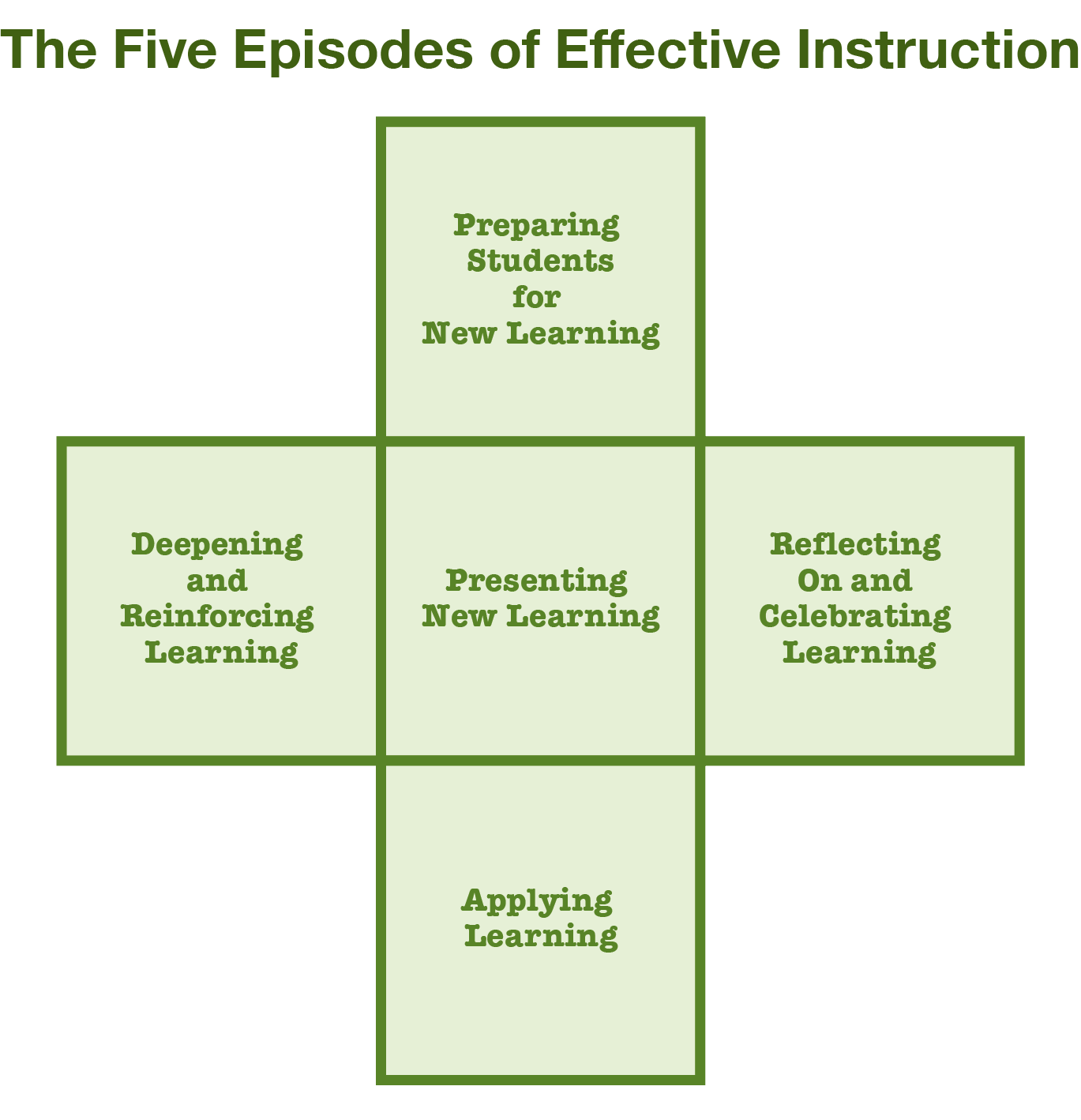
The Fifth Commitment
Practice the CRAFT of Leadership
To help the leaders in our partner schools and districts manage and lead the change process, we focus on the CRAFT of Leadership. Synthesized from the work of leading experts on leadership and organizational effectiveness, the CRAFT of Leadership represents five critical growth-enabling capacities that leaders work to build across the system:
COLLABORATION is the capacity to help teachers and leaders exchange ideas, support each other, and work together as a team.
REFLECTION is the capacity to assess student learning and current practices—and to use this assessment data to develop and/or revise instructional plans.
ADAPTATION is the capacity to support teachers as they learn and use research-based strategies to address learning goals and differentiate instruction.
FOCUS is the capacity to develop well-defined improvement goals and to remain focused on achieving them over time.
TRUST is the capacity to establish and maintain a positive culture that promotes the idea that “we’re all in this together.”
By committing to developing our CRAFT, we create a culture of positive support and system-wide improvement.
